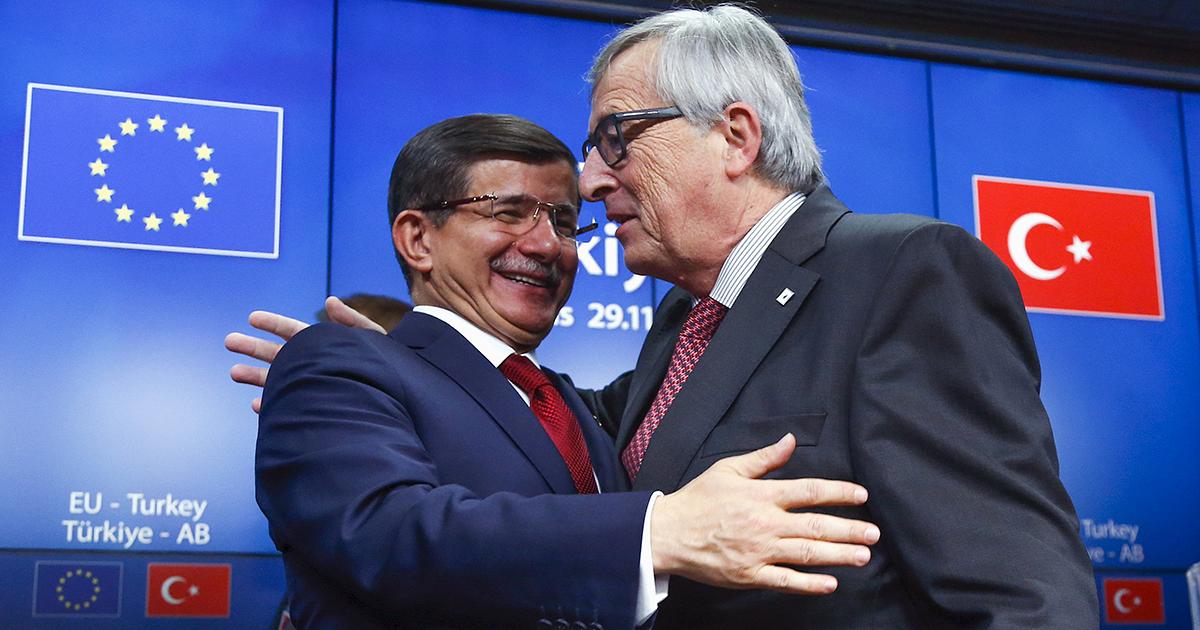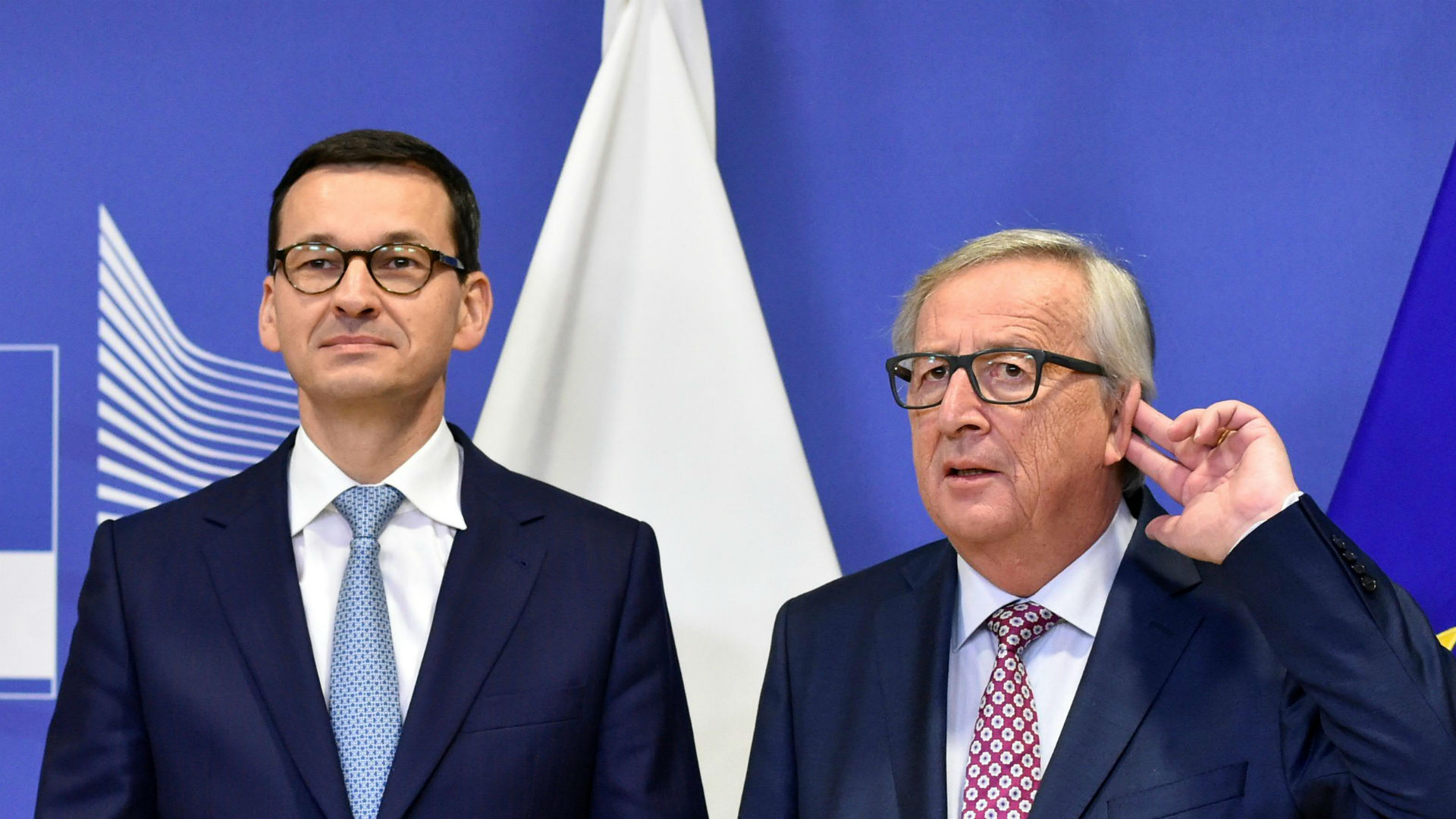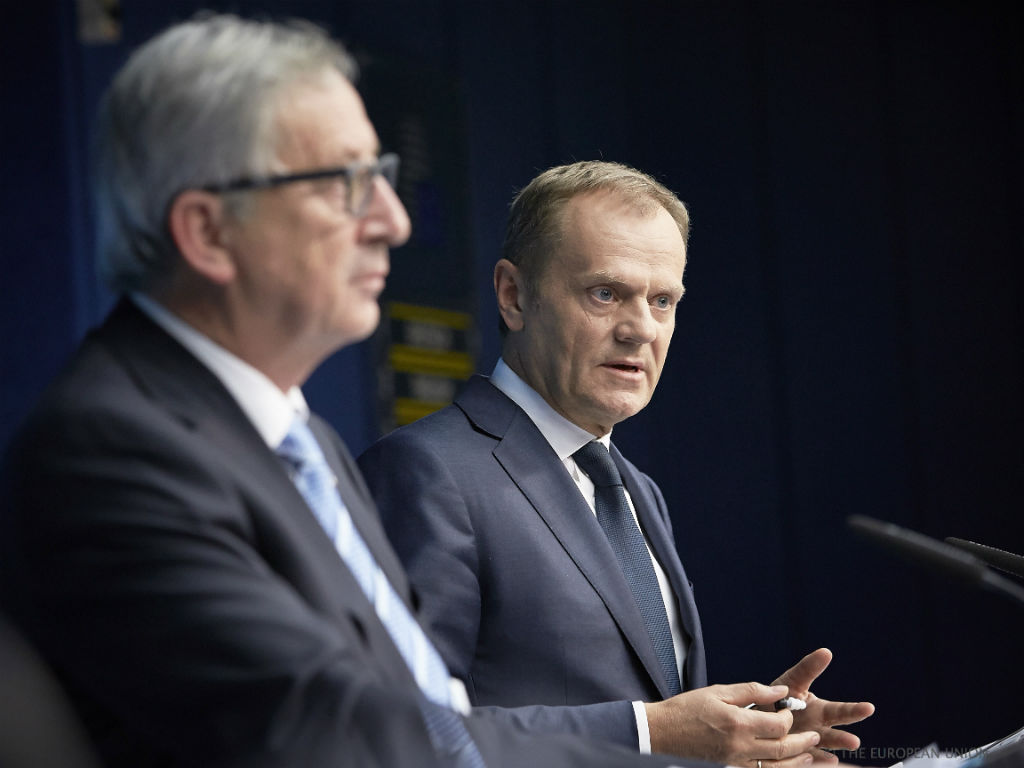
The EU has signed a historic deal with Turkey. In exchange for 3 billion Euros of financial aid, visa free travel for Turkish citizens in the EU and the presumption of EU accession talks, Turkey will stem the flow of refugees and migrants from the refugee camps within its territory. This decision has been surrounded in controversy and it shines a spotlight on a constant debate within European Studies. Are the EU’s foreign policies driven by normative values or security concerns?
The EU in striking this deal with an increasingly authoritarian government is prioritising its external and internal security over its normative values of democracy, freedom of the press and fair elections, all of which are under serious threat in Turkey.
Why has this approach been taken, when it is widely accepted that that Turkey is breaching the values that the EU supposedly holds dear? Whilst one can criticise or support the EU’s decision, it is of more interest to offer an explanation why the EU has decided upon this policy.
It is no secret that, as a result of the refugee surge and the inability to handle it, the EU has been afflicted with severe external and internal crises. These crises have led to the conclusion amongst the leaders of the member states and the EU institutions that their security is best assured by controlling and better managing the flow of refugees. But why has the flight of refugees caused such concern about European security?
The refugee crisis this summer has shown the vulnerability of the EU’s external borders, meaning the EU member states on the periphery, to handle a sudden surge of people from the MENA (Mediterranean and North Africa). With Greek and Italian border guards unable or unwilling to cope with hundreds of thousands of refugees and Germany opening the borders to Syrian refugees, the EU’s ‘common asylum policy’ is now meaningless. Given the difficulties of orchestrating 28 member states and the EU institutions, the EU hopes that by agreeing a deal with Turkey, however distasteful, it will have time to breathe, recover and come to a common agreement on how to support the peripheral member states that have been under such pressure this summer.
The EU hopes that by securing the Turkish border and Turkish maritime space, the pressure will be eased on the over stretched and underfunded Frontex , Greek and Italian naval forces rescuing the refugees taking the perilous journey across the Mediterranean. The EU needs time to secure the EU’s external border. Securing the border means creating and implementing the systems which will process the refugees in a manner that is controlled, fair and respectful to their human rights. These concerns about the EU’s external security have been prioritised over the EU’s unease about Erdogan’s anti democratic policies in Turkey. Security has triumphed over values.
An even more pressing concern to Europe’s leaders has been the internal consequences of the refugee surge. The surge and the failure to cope with it have caused the near collapse of solidarity and trust between the member states and the EU institutions. With Germany and Hungary openly trading insults about their separate solutions to the refugee surge and EU member states unilaterally suspending Schengen, a poison has developed in the heart of Europe that could, if no antidote is found, could paralyse the EU and render it a failed union.
This breakdown in solidarity and trust combined with the euro sceptic parties manipulating the refugee surge to pursue their domestic agendas presents a fundamental threat to the European Union. These parties are a real danger to the European Union, because they are fighting to awaken the forgotten spectre of nationalism which brought the peoples of Europe nothing but war, destruction and ruin for hundreds of years. The awakening of this ghost is the nightmare scenario for Merkel, Sarkozy, Juncker and Tusk and for the vast the majority of EU citizens. Yet, if the EU is seen to fail at managing the refugee surge, support for the euro sceptic parties will continue to rise. This means that for the European political elite, who by and large, all agree in the importance of the EU, it is imperative that these euro sceptic parties are stopped. So the EU deal with Turkey gives the leadership temporary control over the situation and offers them a chance to shore up their domestic support and thus reduce the electoral threat of the euro sceptic parties.
The refugee surge this summer showed the difficulties of aggregating the interests of 28 member states and the EU institutions when presented with a sudden change in the status quo. It is because of this, the member states and the EU institutions have prioritised their external and internal security over normative values which are under threat in Turkey. The leaders at the EU Turkish summit hope that this deal with Turkey will buy the EU enough time to secure the external border, restore the solidarity between the governments and tackle the growing euro sceptic threats. Of course, it is up to the reader to decide whether this is a price worth paying in dealing with a regime which is breaking the very rules and values the EU is supposed to uphold and defend.



